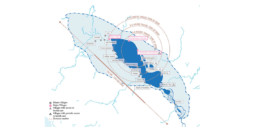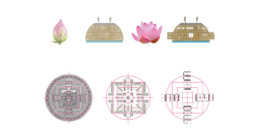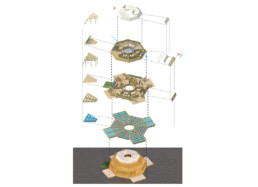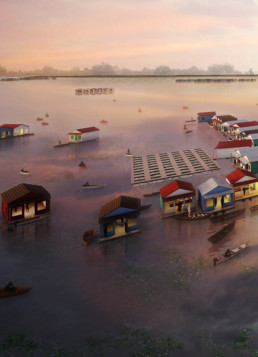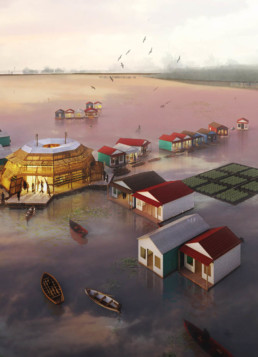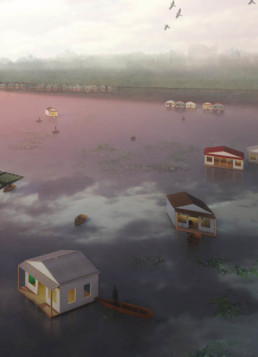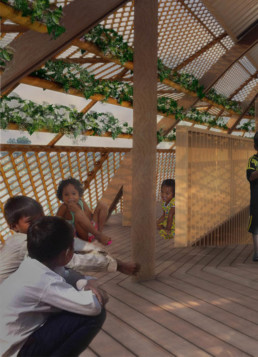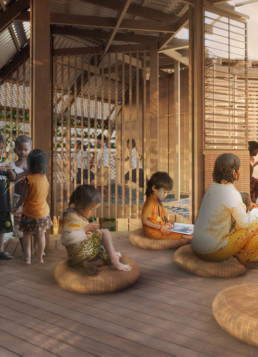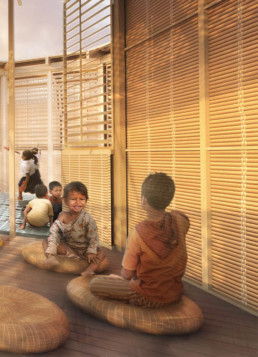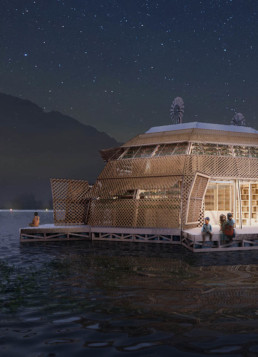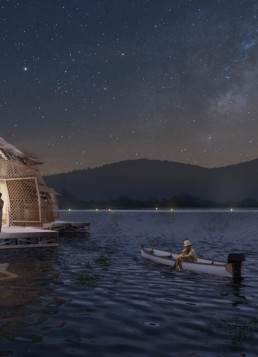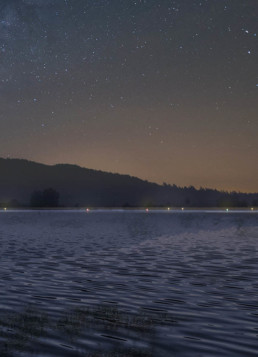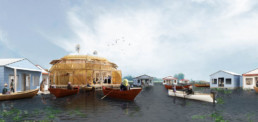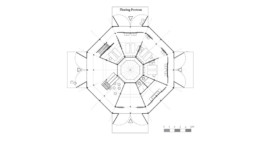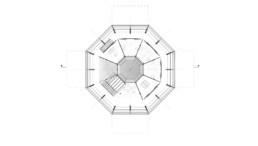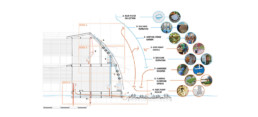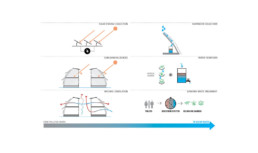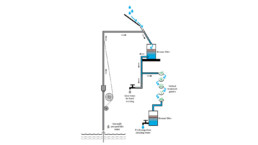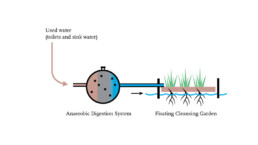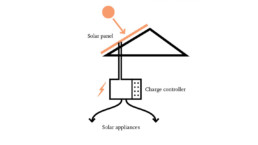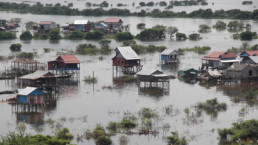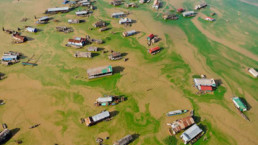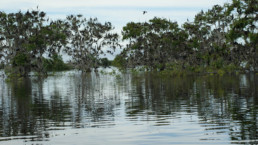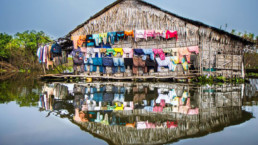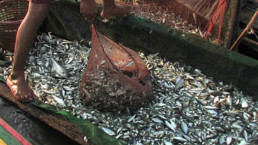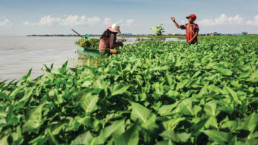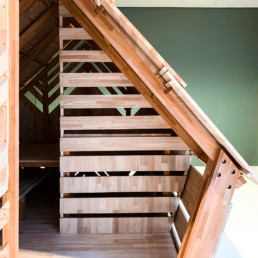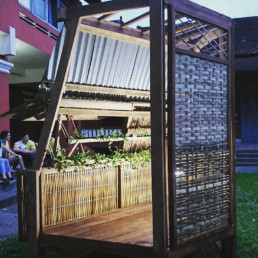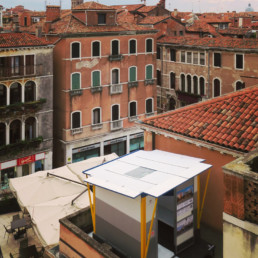Type
Development
Programme
Sustainable architecture – Mobile Eco-clinic
Location
Tonle Sap Lake, Cambodia
Timeline
09/2015 – ongoing
Area
450 sqm
Our objective is to build a network that can enable people to communicate and share efficient methods of farming, fishing and thus inhabiting the lake ecosystem
Globalization brought a large amount of technological advancements around the world. In the process, it popularized many ideas that at times overtook cultural knowledge. While it gave Cambodian farmers an easy access to fertilizers and pesticides to increase their productivity, it did not educate the population adequately about the adverse effects and the need to monitor the usage of such artificial aggregates.
Tonle Sap is a unique case where farmers and fisherman share a large common water source. Fisheries are a great advantage to the rice plantation and vice versa. However, use of fertilizers and pesticides to meet the rising demand of rice cultivation has impacted quite drastically the marine life of the historically significant lake of Cambodia.
Due to heavy nutrient drainage into the lake water as well as intense fishing and deforestation in the area, decline in Phytoplankton bacteria can potentially happen in the water body. Those bacteria are vital to the marine health since they are hugely responsible for maintaining oxygen levels in water. Without them a critical condition termed as Hypoxia can arise. This hypoxic water is responsible for rising health issues for people living in and around the lake. Which is certainly an urgent concern. Action shall be taken!
Real solutions lie in a full circle prevention of the causes of the problem. To do so, informed and responsible shift in lifestyle of people are required to restore and stabilize the lake, and by extent the Human beings.
Our proposal – the Mobile Lotus – aims to provide those holistic solutions to the current critical issues. For Tonle Sap Lake, its people, its environment, its flora and its fauna!
Our objective is to build a network that can enable people to communicate and share efficient methods of farming, fishing and thus inhabiting the lake ecosystem.
Built of locally available material and easy to assemble, our lotus inspired architectural ensemble offers sources for drinking water, electricity and healthcare. Mobile, it reaches floating villages to inform communities about various causes and remedies of the polluted water. Learning by seeing is the prime motive of this platform. We re-introduce ideas like crop-rotation, bio-gas plants, waste treatment, vetiver systems, and solar energy among many other solutions into one-stop platform. Acting as a toolbox, villagers are engaged in the process: from passive to active.
Rich in bio-diversity, the largest fresh water lake in South-East Asia, Tonle Sap is a source for survival for most of the villagers in Cambodia. Poor education and increasing poverty has led to exploitation of the lake. To avoid any further damage to its fragile ecosystem, it is crucial to demonstrate and educate the population about the efficiency of sustainable methods. This could ensure the acceptance and implementation of these solutions.
A shift from a daily vicious cycle to a virtuous cycle needs an active participation from all villagers. Our Mobile Lotus is the right answer that provides to the floating villages a social platform to share knowledge, access to basic amenities and relevant tools to be self-sustainable.
IN DEPTH
RELATED PROJECTS
RELATED MEDIA
PUBLICATIONS
InDesignLive SG
Mobile Lotus Design and Build Workshop
